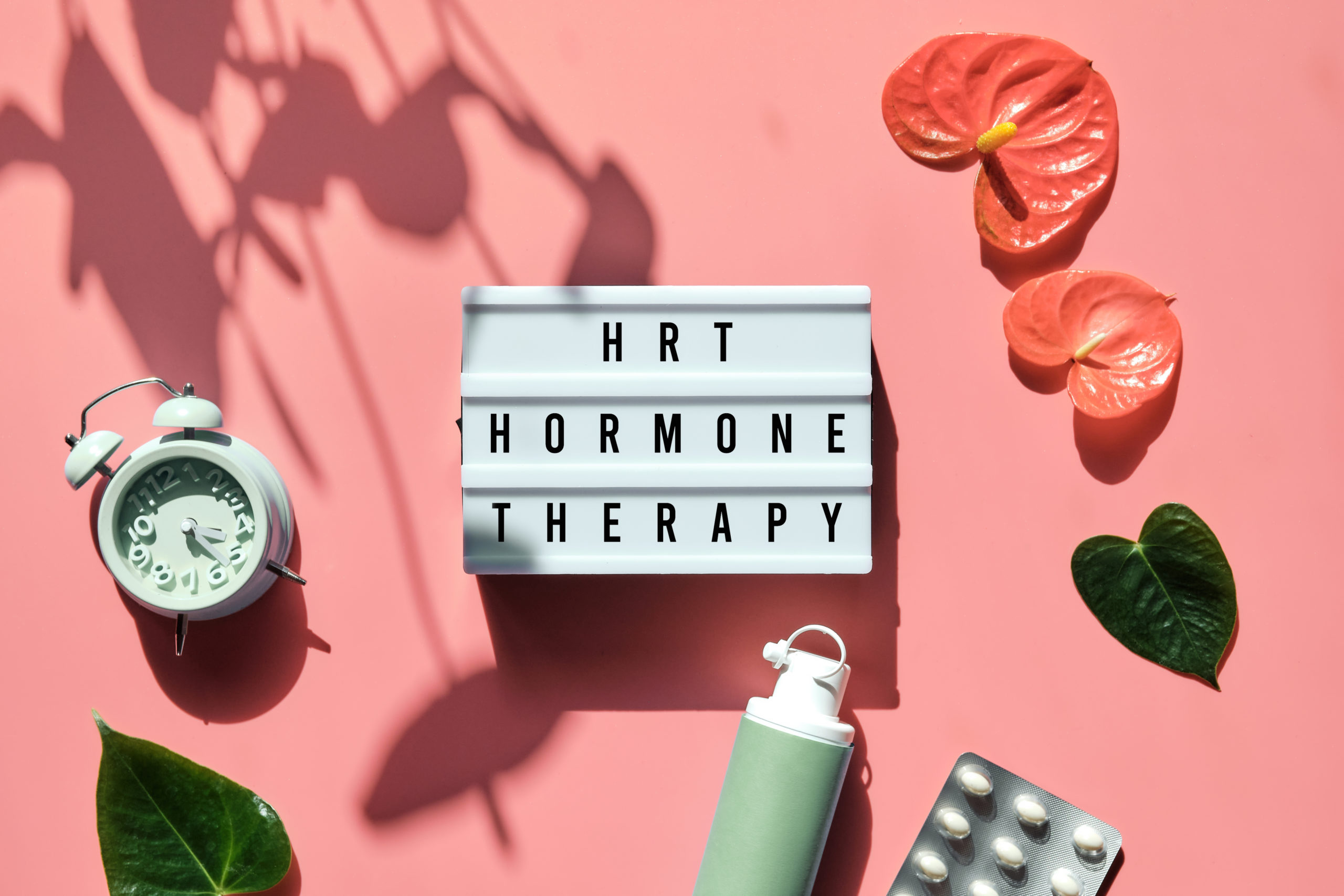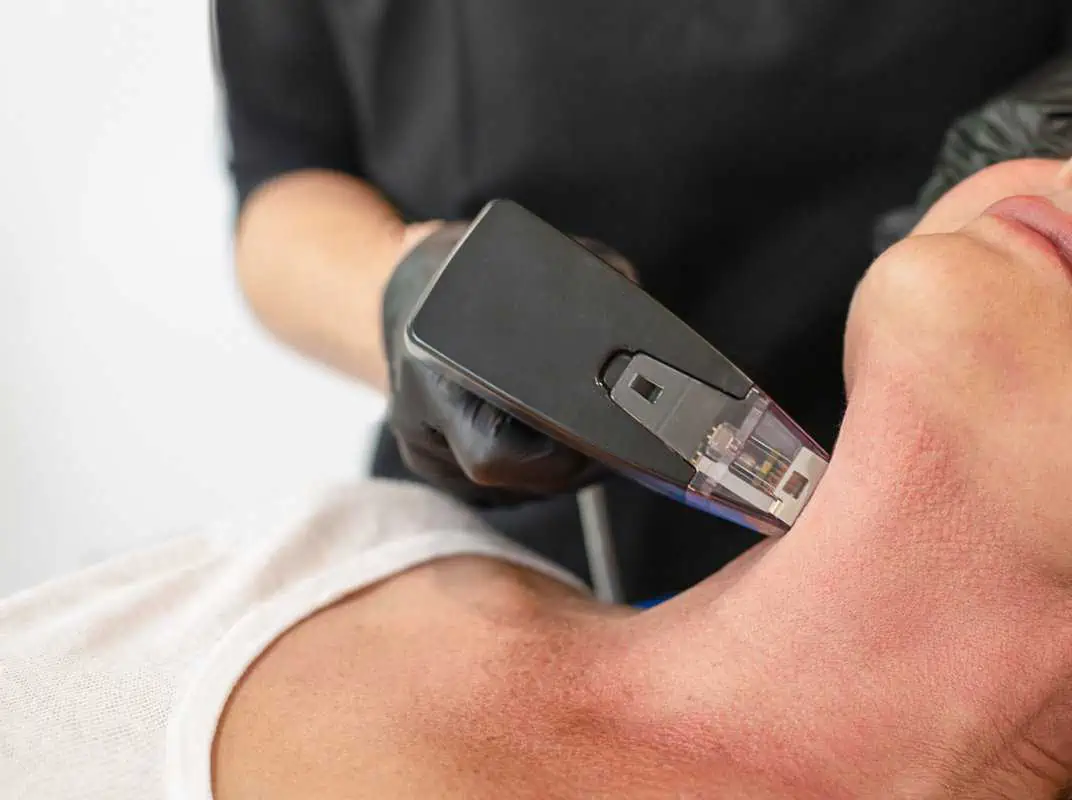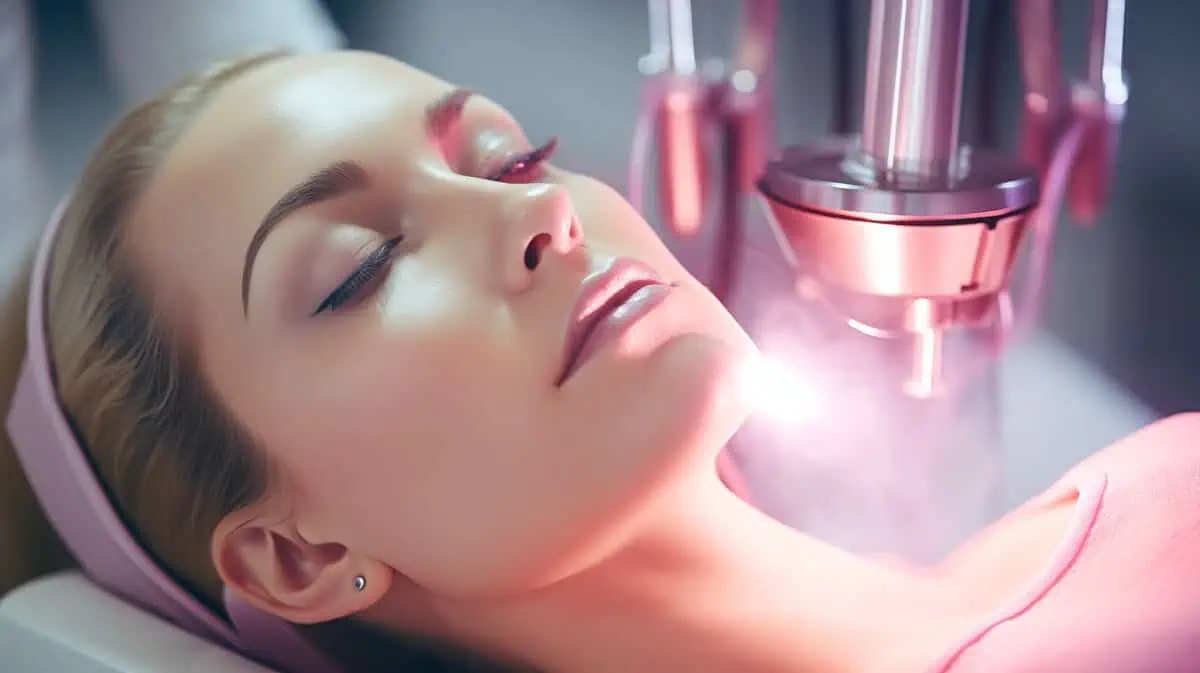Introduction
Hormone therapy is a medical treatment involving hormones to ease symptoms associated with various medical conditions. Hormones are naturally occurring substances that regulate various bodily functions, including growth, development, and reproduction. Hormone therapy can treat conditions such as menopause, breast and prostate cancer. It can also ease symptoms brought on by hormonal abnormalities, such as low estrogen or testosterone levels.
Hormone therapy has increased as more people seek effective and safe treatment options for their medical conditions. However, hormone therapy can have side effects like any medical treatment. These adverse effects may affect different body areas, which can be moderate to severe. Hormone therapy frequently causes hot flashes, night sweats, mood swings, weight gain, and sexual dysfunction as adverse effects.
Despite the potential side effects, hormone therapy can be a highly effective treatment option for many individuals. Speaking with a healthcare provider about hormone therapy’s potential risks and benefits before starting treatment is essential. Within this section of the article, we will talk about the typical adverse effects of hormone therapy and helpful ways to deal with them. In addition, we will emphasize the significance of conversing with a healthcare professional and encourage folks to look for support and services to help them deal with hormone therapy’s mental and physical effects.
Common Side Effects of Hormone Therapy
Hormone therapy is a form of medical care that can treat several hormone-related health issues. Still, it can also come with side effects that vary depending on the individual and the type of hormone therapy used. In this section, we’ll explore some of hormone therapy’s most common side effects and how they manifest in different conditions.
A. Menopause-related symptoms
- Hot flashes – sudden and intense feelings of heat, sweating, and rapid heartbeat
- Night sweats – excessive sweating during sleep, leading to damp sheets and clothing
- Vaginal dryness – a decrease in natural vaginal lubrication, leading to discomfort and pain during sexual activity
- Mood changes – irritability, anxiety, depression, and mood swings.
B. Breast cancer-related symptoms
- Fatigue – feeling tired or weak, even after getting enough sleep or rest
- Weight gain – an increase in body weight, often accompanied by difficulty losing weight
- Hair loss – thinning or loss of hair on the head, as well as hair loss in other parts of the body, such as eyebrows or eyelashes
- Sexual dysfunction – decreased sexual desire, difficulty achieving or maintaining an erection, or vaginal dryness.
C. Prostate cancer-related symptoms
- Erectile dysfunction – unable to attain or maintain an erection.
- Reduced libido – a decrease in sexual desire
- Fatigue – feeling tired or weak, even after getting enough sleep or rest
- Breast tenderness – swelling, soreness, or pain in the breasts.
It’s important to note that not everyone undergoing hormone therapy will experience these side effects; some may experience side effects that are not on this list. It’s also essential to speak with a healthcare provider about any side effects you’re experiencing and to follow their guidance on managing them. In the next section, we’ll explore some strategies for managing the side effects of hormone therapy.
How to Manage Side Effects of Hormone Therapy
Managing the side effects of hormone therapy can significantly improve the quality of life for those undergoing this treatment. While side effects vary depending on the individual and type of hormone therapy, several strategies can help manage them.
A. Lifestyle changes
- Diet modifications: Eating a balanced, healthful diet can help manage some side effects and enhance overall health. For instance, incorporating foods high in phytoestrogens, like soy, can help with hot flashes and vaginal dryness.
- Exercise: Regular physical activity can help combat fatigue, maintain a healthy weight, and improve mood.
- Stress reduction techniques: Practices such as meditation, deep breathing, or yoga can help reduce stress, which can improve overall well-being and alleviate mood-related side effects.
B. Medical interventions
- Hormone replacement therapy (HRT): is a medical treatment that replaces hormones that the body no longer produces at adequate levels, such as estrogen or testosterone. HRT can reduce the number of menopause symptoms, including vaginal dryness, night sweats, hot flashes, and aging-related bone loss. Women who have undergone a hysterectomy may receive estrogen-only HRT, while those with a uterus may receive a combination of estrogen and progestin. Speaking with a healthcare provider about HRT’s potential risks and benefits is essential.
- Medications: Depending on the side effect, medications may be prescribed to manage symptoms. For example, antidepressants can alleviate mood changes, and topical creams or suppositories can alleviate vaginal dryness.
- Alternative therapies: Some individuals may find relief from side effects through alternative therapies such as acupuncture, massage, or herbal supplements. However, speaking with a healthcare provider before incorporating alternative therapies into your treatment plan is essential.
HRT is an effective treatment for managing many side effects of hormone therapy. With the guidance of a healthcare provider, individuals can determine whether HRT is a safe and appropriate option for them. By combining lifestyle changes, medical interventions, and alternative therapies, individuals can effectively manage the side effects of hormone therapy and improve their overall quality of life.
Conclusion
To summarize, hormone therapy can be a helpful treatment for various medical diseases but can also have adverse side effects. Common side effects include menopause-related symptoms, Breast cancer-related symptoms, and prostate cancer-related symptoms. Speaking with a healthcare provider about any side effects you experience is essential, as they can help you manage them effectively.
Managing side effects may involve lifestyle changes, such as diet and exercise routine modifications, or medical interventions like hormone replacement therapy or medications. Alternative therapies can also be beneficial in some cases. Seeking assistance and tools can assist individuals in better managing the physical and mental effects of hormone therapy.
Resurgence Wellness offers comprehensive and personalized treatment options if you’re considering hormone therapy or seeking a provider for hormone replacement therapy. Their experts specialize in optimizing hormone levels to improve overall well-being and quality of life. With their help, you can manage the side effects of hormone therapy and achieve optimal health. Don’t wait any longer; reach out to Resurgence Wellness and take control of your health today.







